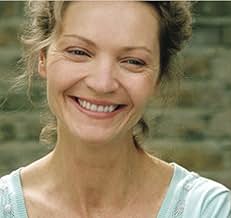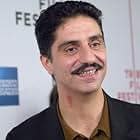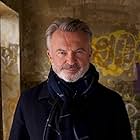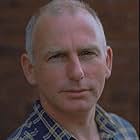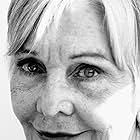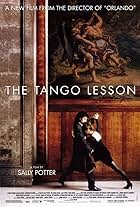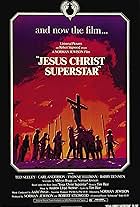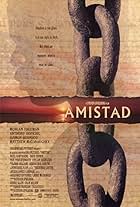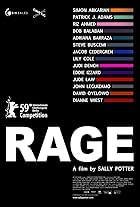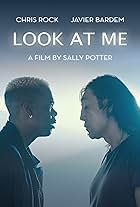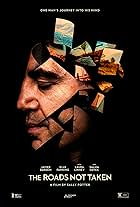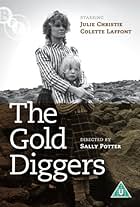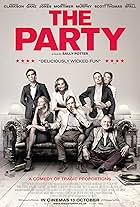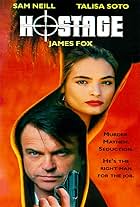Sally Potter's Yes premiered this evening at the Toronto International Film Festival before a 1300-strong crowd, with the director and star Joan Allen in attendance. I am so grateful to have been present at this extraordinary event (the film is still in negotiations for distribution). Yes is a love story between She (Joan Allen, stunning in the role of a lifetime) and He (Simon Akbarian). She is married (to Sam Neill, who manages to play both boorish and sympathetic), a scientist, and Irish-American, living in London - a city Potter loves to photograph and whose different, colliding cultures she conveys superbly. He is Lebanese, working as a chef in London. She meets He. Love ensues.
It sounds so simple, and in a sense it is. The film is luminous, elegant, ravishingly beautiful, subtly erotic. The love scenes feel so natural. And yet -- all the dialogue is spoken in rhymed iambic pentameter. Scenes are shot from canted angles, through glass or water, sometimes from CCTV cameras. Jump-cuts, motion blur, internal monologue, an unsettling score - all these elements challenge the simplicity of the idea of love. He and She are unnamed, but they have backgrounds, political and religious beliefs that take the narrative so far beyond the usual romantic pap of Hollywood cinema. Every frame and every gesture invites multiple viewings and multiple readings, partly for the precision and lush beauty (each city has its own colour scheme), and because so many other films and paintings are evoked (including an audacious nod to Orlando early on!) And because this is a Sally Potter film, the passion and the politics have a strain of humour. Or in this case, a frame, provided by Shirley Henderson as She's cleaning woman. Her opening and closing monologues in the whiteness of She's London house are immediately engaged, and totally unlike anything else you'll see or hear in film (at least English-language film). In fact, that's a good summary: Yes is totally unlike anything you've seen before.


